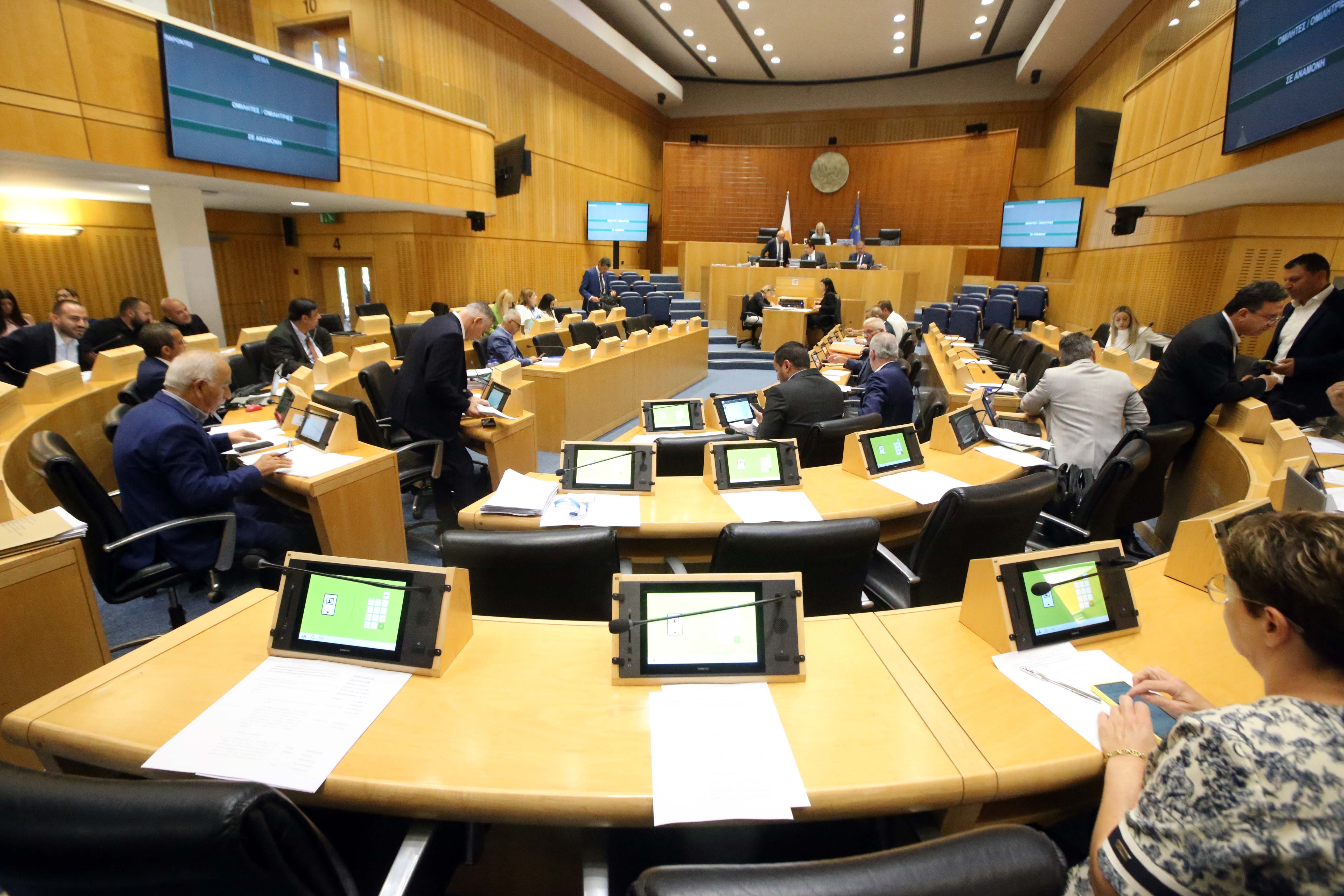Every July we witness the same thing. On the last Thursday before the summer recess, the House plenum sits for hours and passes dozens of bills. Last Thursday, for example, it had 101 bills before it, many of which were passed by summary procedures, as has become the usual practice. The same often happens in December on a smaller scale, before the break for the Christmas holiday – there are bills that have to be passed before the end of the year because of our EU obligations.
This is an astonishingly superficial and slapdash way of dealing with legislation and it has become a very worrying tradition. First and foremost, it shows a total disregard for their job by most deputies, also referred to as lawmakers. The impression most of them give is that they are not really interested in the laws they vote through, and neither are the leaderships of the parties they belong to. If they were, they would take their time studying each bill properly before voting them through, or at least a party would assign this job to one of its deputies, who would brief the rest.
The bills go through the relevant committees, but if there is no public interest in a bill or it might be too complicated, little attention is given to it, even if it will have a big impact on the economy or society in the future. Instead, deputies have been wasting their time discussing the so-called multiple pensions, an issue of negligible importance, for months, because it gets a lot of play on both news and social media. They spent all this time producing legislation that does not end the multiple pensions for anyone collecting them at present, and which there is a strong possibility will be ruled unconstitutional.
Dealing with issues that will get airplay is the norm today. Pandering to powerful unions is another consideration, which is why the House education committee decided not to pass the bill on the new evaluation system for teachers. Opposition by teaching unions dictated that the bill was put on hold, which means the new evaluation system will not be in place for the new school year. House committees end up using meeting time discussing matters that are in the news, while bills are left to gather dust before being forwarded to the plenum for approval before the summer recess.
It is an unacceptable state of affairs that needs to be addressed. Only the House president has the power to change things but will be unable to do so without the support of the party leaders. The House president and the party leaderships should work together on ending the slapdash, last-minute approval of bills because this is a matter of national importance. They could agree a system by which bills would be sent to the plenum for debate and approval at regular intervals instead of leaving them to pile up.
Whether they would be able to persuade deputies to take all bills seriously and give them the necessary attention is another matter, but putting an end to the practice of summary bill approvals would be a start.






Click here to change your cookie preferences